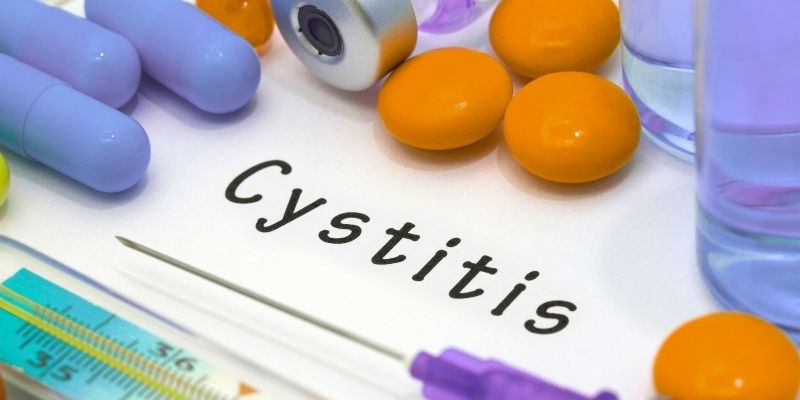What is Interstitial Cystitis of the Bladder?
2022-01-20 / RG STONE HOSPITAL / Female Urinary Incontinence

If you wonder what interstitial cystitis means, here is the answer: Interstitial cystitis (IC) is a chronic bladder illness characterized by pelvic pain, bladder pain or pressure, and frequent or urgent urination. The intensity of the discomfort might range from minor to severe based on your condition and diagnosis.
Chronic inflammation can cause the bladder wall to scar and harden, making it inflexible and unable to contain regular urine.
Most bladder cystitis treatments are geared at symptom management, and no single medication is effective for all patients. However, most patients can get significant pain and discomfort alleviation through routine medication.
Symptoms of Interstitial Cystitis
Depending on the individual, interstitial cystitis symptoms can be minor, severe, intermittent, or constant. The signs and symptoms of a bladder infection may be identical, and women can feel more discomfort during menstruation.
The following are symptoms of interstitial cystitis (IC):
- Pain
Pressure, discomfort, and pain in or around the bladder are common symptoms of interstitial cystitis. Pain in the vaginal, urethral, or scrotal areas for interstitial cystitis in men might be moderate or severe.
- Urination With Less Gap
People with interstitial cystitis often need to urinate frequently during the day and night as the bladder stiffens and loses elasticity.
A normal individual urinates 8 times during the day and once at night. However, in extreme cases, a person with IC may need to urinate up to 60 times a day.
- Sexual dysfunction
During sexual intercourse, many patients with interstitial cystitis experience pain. This can involve soreness following ejaculation in men.
- Nocturia
This word refers to the need to urinate several times throughout the night. IC can cause substantial sleep disruption if it causes nocturia.
If you suspect you have interstitial cystitis, consult your doctor for a thorough examination and understand your treatment options at the nearest RG Stone Hospital.
Interstitial Cystitis Causes
Many scientists believe that IC can arise due to various reasons, including the following:
-
Bladder injury
Your bladder can be damaged by surgery or other sorts of trauma, which can aggravate the problem.
- Distention of the bladder.
Interstitial cystitis is a condition where you cannot empty your bladder for long periods.
- Damaged nerves
The causes have been speculated to be spinal cord damage and inflammation of the pelvic nerves.
- Dysfunction of muscles
The pelvic floor muscles may lead to bladder difficulties if they aren't performing properly.
- Autoimmune disease
Some researchers believe that in some patients with IC, the body's immune system may assault specific bladder cells.
Treatment for Interstitial Cystitis
There is no single treatment for interstitial cystitis that works for everyone. Your doctor will make interstitial cystitis treatment recommendations based on your symptoms and whether past therapies have successfully controlled them. Visit the nearest RG Stone Hospital to understand your treatment options and get the best possible diagnosis.
Conclusion
Interstitial cystitis is a long-term illness, and it can't be completely cured; it can only be managed. A decent quality of life is still attainable if you discover a treatment plan that fits your lifestyle.
Categories
Hernia Repair
Appendicitis
Piles
Urological Treatment
Hernia treatment
Enlarged Prostate (BPH)
Gall Bladder Stone
Urinary / Kidney Stone
Vitamins
Indian Health Care System
Exercise
Obesity
Female Urinary Incontinence
Single Incision Laparoscopic Surgery (SILS)
Kidney Cancer
Bladder Cancer
Ovarian cancer
Nephrology
Bariatric Surgery
Kidney Function Test
Female Urology
Radiation Therapy
Alcoholic Fatty Liver
Liver disease
Gastroenterology
Kidney Disease

